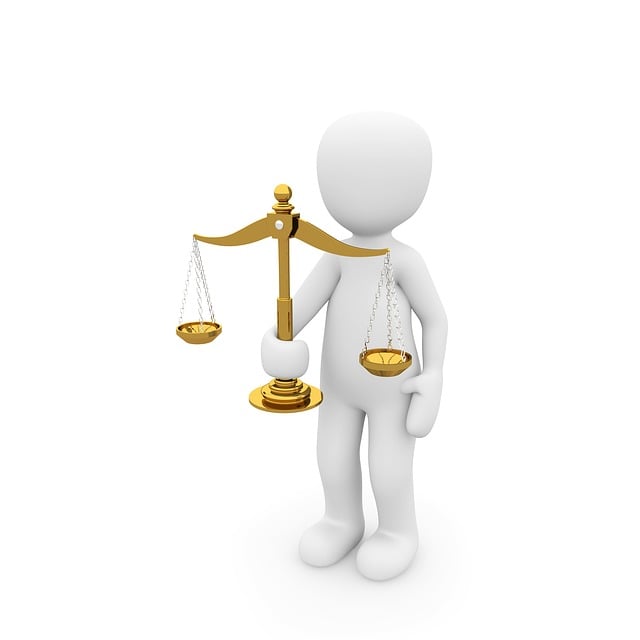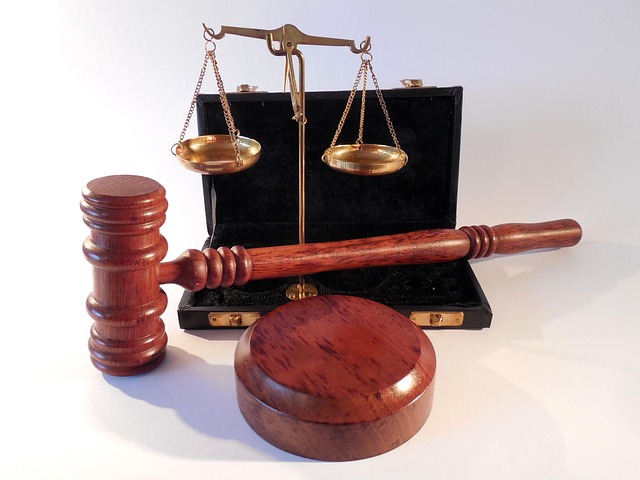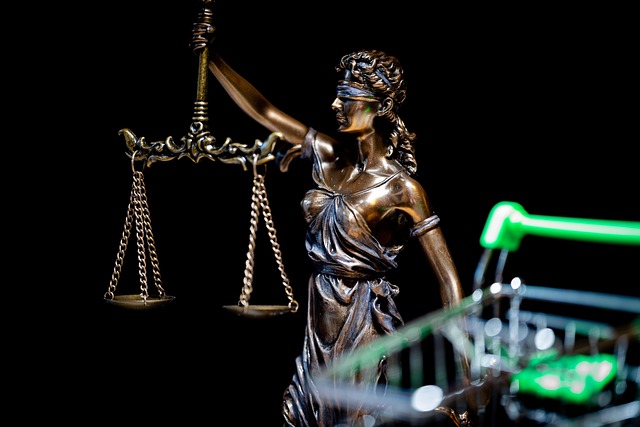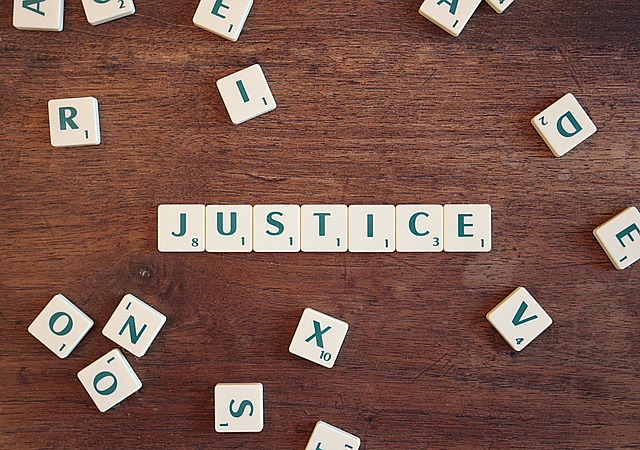Environmental crime laws are crucial for protecting ecosystems and public health. Understanding these regulations is vital for resolving breach of contract disputes related to pollution control, waste management, and conservation. Strategic navigation through evidence gathering, expert testimony, and legal protocols ensures justice for corporations and individuals. Restorative justice approaches offer alternative sentencing options that promote accountability and positive environmental change.
Environmental Crime Trials delve into the legal complexities of protecting our planet. This article explores key aspects, including understanding environmental laws, identifying contract breaches in eco-cases, and effective dispute resolution strategies. We examine the crucial role of evidence and expert testimony, as well as innovative sentencing approaches promoting restorative justice. By examining these components, we uncover how to resolve breach of contract disputes related to environmental protection, fostering accountability and sustainable practices.
- Understanding Environmental Crime Laws
- Identifying Contract Breaches in Eco-Cases
- Legal Strategies for Resolving Disputes
- The Role of Evidence and Experts
- Sentencing & Restorative Justice Approaches
Understanding Environmental Crime Laws

Environmental crime laws are designed to protect our planet from harmful activities that pose a significant threat to ecosystems, public health, and safety. Understanding these regulations is crucial for individuals, businesses, and industries operating within the environmental sector. Breach of contract disputes related to environmental matters can be complex, as they often involve intricate legal frameworks and unique challenges. To resolve such conflicts effectively, parties must have a thorough grasp of applicable laws, including those pertaining to pollution control, waste management, and conservation efforts.
By delving into the specifics of these regulations, individuals involved in environmental projects can ensure compliance and mitigate potential risks. Achieving extraordinary results in legal battles related to environmental crimes often requires strategic planning and an extensive understanding of the law. Furthermore, the support of experienced legal professionals who specialize in this field can be invaluable when navigating the complexities of environmental crime trials, ultimately leading to a complete dismissal of all charges or favorable outcomes for those committed to upholding environmental standards within their respective industries and contributing positively to philanthropic and political communities.
Identifying Contract Breaches in Eco-Cases

In environmental crime trials, identifying contract breaches is a critical step in navigating complex legal landscapes. When it comes to eco-cases, these breaches often involve agreements related to pollution control, habitat preservation, or sustainable resource management. Legal teams must meticulously review contracts to pinpoint any deviations from promised actions, especially in high-stakes cases where white collar and economic crimes are involved. By examining performance against contractual obligations, they can build strong arguments for non-compliance, which is crucial for securing justice and compensation for environmental harm.
Understanding how to resolve breach of contract disputes is essential for achieving positive outcomes. For his clients, this involves strategic negotiations, expert testimony, and a deep understanding of both the environmental impact and legal intricacies. Through these methods, attorneys can help right wrongs, enforce agreements, and ensure accountability, ultimately contributing to the preservation of our natural resources and ecosystems.
Legal Strategies for Resolving Disputes

In environmental crime trials, resolving disputes often involves intricate legal strategies tailored to the unique nature of these high-stakes cases. One key aspect is understanding how to navigate all stages of the investigative and enforcement process. This includes gathering evidence, conducting expert interviews, and preparing compelling arguments that align with regulatory frameworks and legal precedents. For instance, in breach of contract disputes related to environmental regulations, lawyers must demonstrate a clear violation of contractual obligations concerning pollution control or waste management.
Legal strategies also vary based on whether the case involves corporate or individual clients. In cases against corporations, attorneys may focus on corporate responsibility, holding parent companies accountable for the actions of their subsidiaries. Conversely, when representing individuals, legal teams can emphasize personal liability and the specific roles played by accused parties in environmental transgressions. These approaches ensure that justice is served, regardless of the type of client, and underscore the importance of meticulous preparation and adherence to legal protocols throughout the process.
The Role of Evidence and Experts

In Environmental Crime Trials, evidence plays a pivotal role in resolving complex breaches of environmental laws. The unique challenge lies in gathering and presenting data that can navigate the intricate all stages of the investigative and enforcement process. Experts, such as scientists and forensic analysts, are instrumental in interpreting this evidence. They provide crucial insights into pollution levels, ecological impact, and regulatory compliance, helping to build a compelling case against perpetrators.
These experts guide the respective business through the maze of white collar and economic crimes, offering methodologies to uncover hidden violations. Their testimony adds weight to the prosecution’s argument, ensuring that justice is served. This strategic use of evidence and expertise is key to effectively addressing environmental crimes and holding culprits accountable for their actions.
Sentencing & Restorative Justice Approaches

In Environmental Crime Trials, sentencing and restorative justice approaches play a pivotal role in how breaches of environmental laws are addressed. Unlike traditional criminal sentences that often focus on punishment, restorative justice emphasizes healing and reconciliation between offenders and affected communities. This approach is particularly relevant in white collar defense cases involving complex breaches of contract disputes, where the impact on society can be profound.
By adopting restorative practices, courts can facilitate dialogue between respective business entities and stakeholders to address not just the legal violations but also the underlying causes. This collaborative process aims to achieve extraordinary results by fostering accountability, promoting understanding, and encouraging responsible environmental stewardship moving forward. Sentencing options may include community service, restitution for harmed ecosystems, or participation in projects that mitigate environmental damage, thereby shifting the narrative from punishment to positive change.
Environmental Crime Trials highlight the importance of understanding and enforcing laws designed to protect our planet. By identifying contract breaches, employing effective legal strategies, and leveraging expert evidence, disputes can be resolved fairly. Sentencing options that prioritize restorative justice not only hold offenders accountable but also foster environmental healing. Understanding these processes is key to navigating complex eco-cases and ensuring the integrity of our ecosystems for future generations. For those seeking to resolve breach of contract disputes in an environmentally conscious manner, these principles offer a robust framework.






